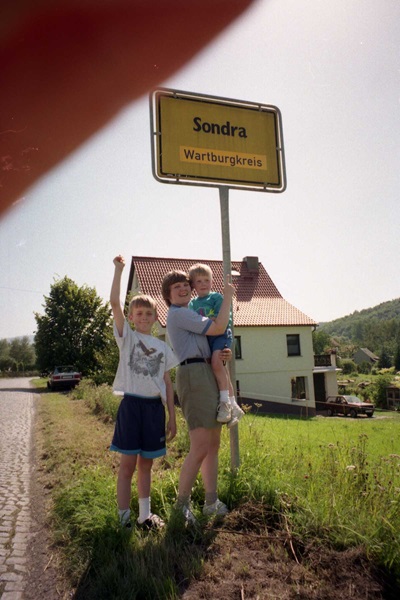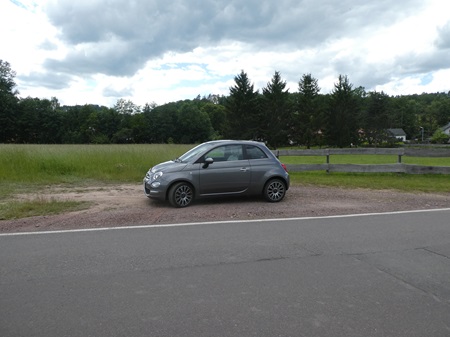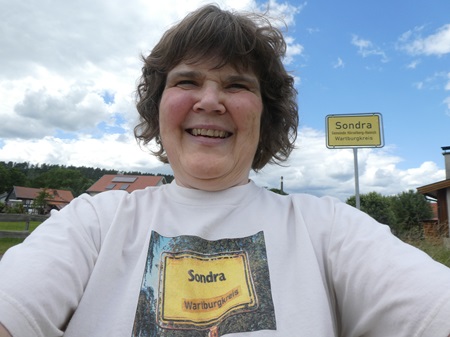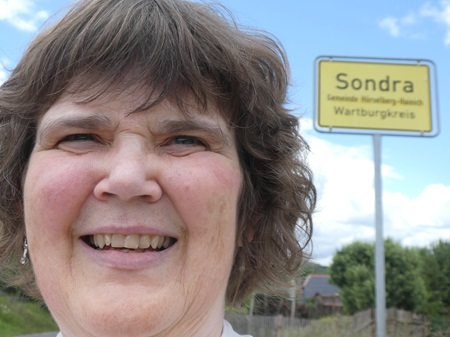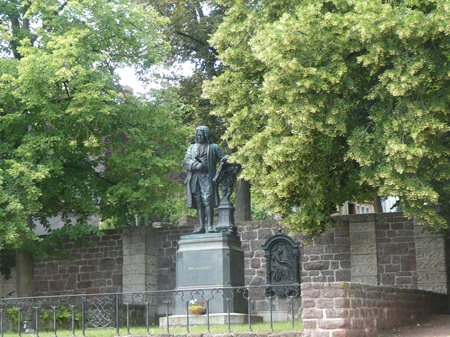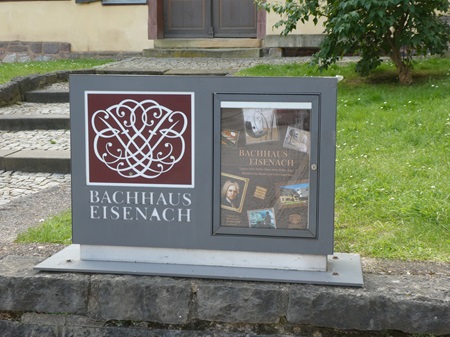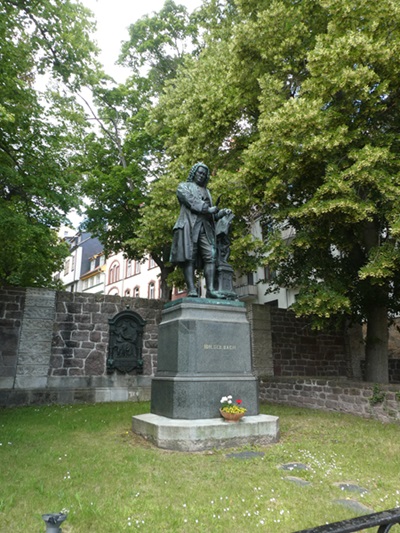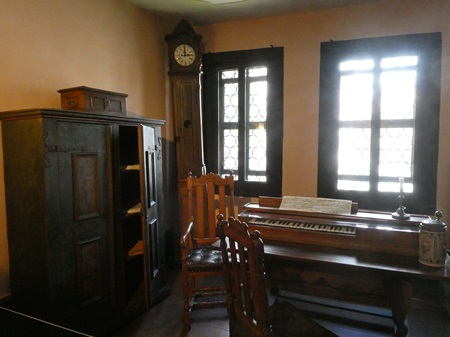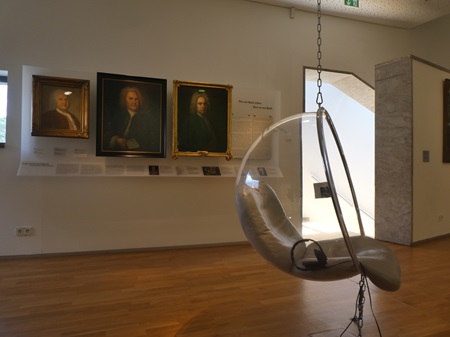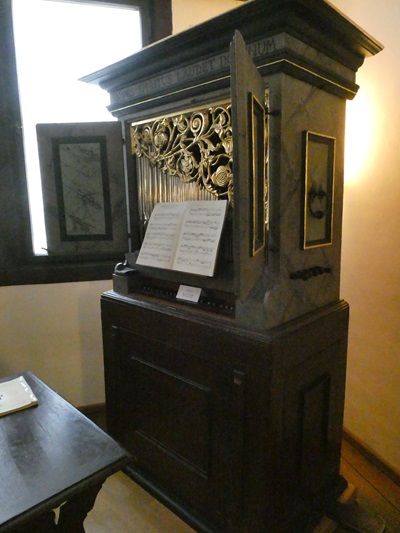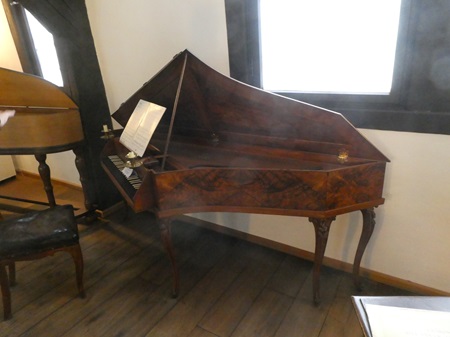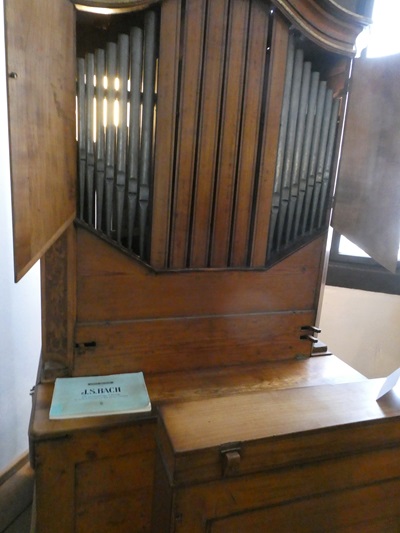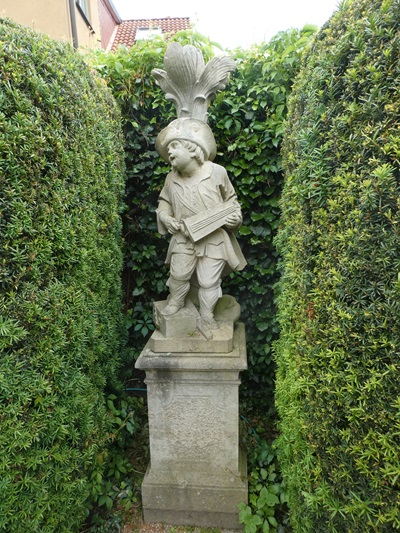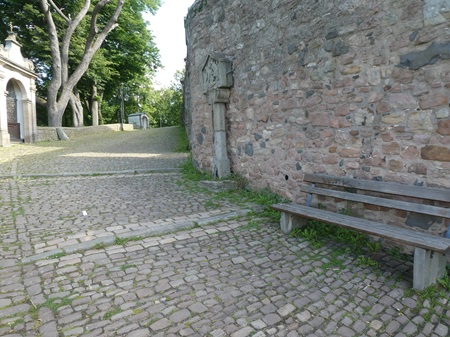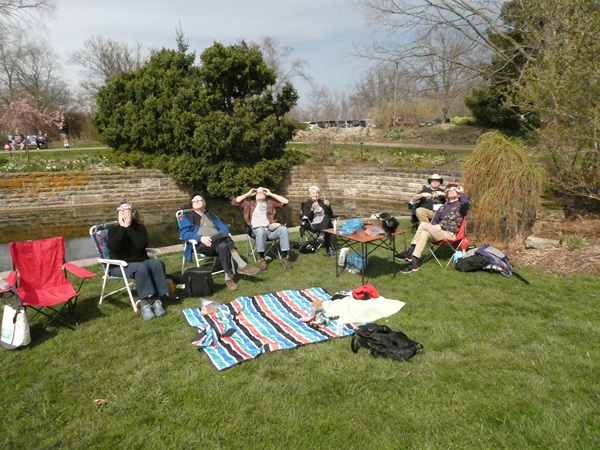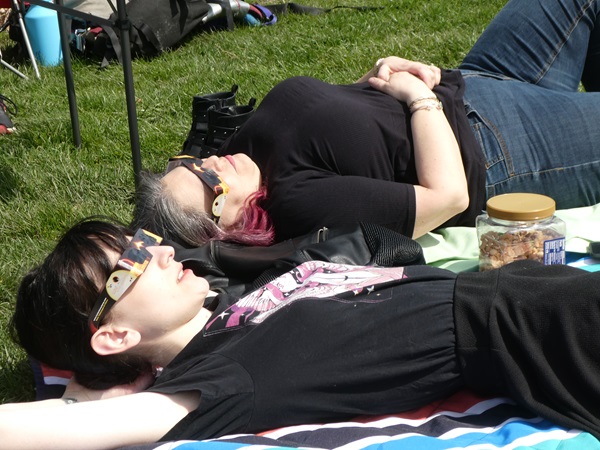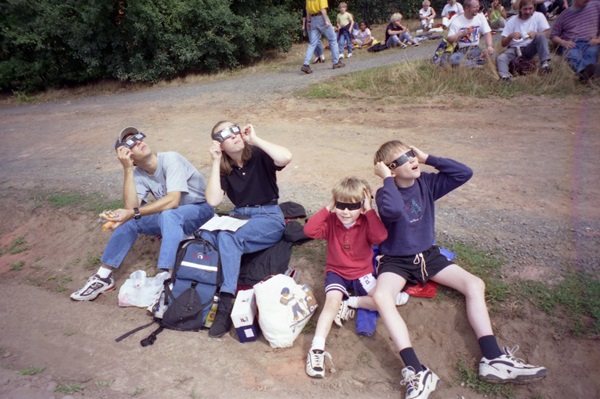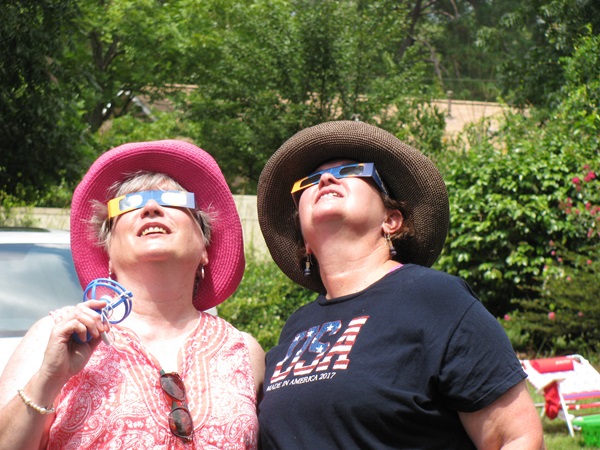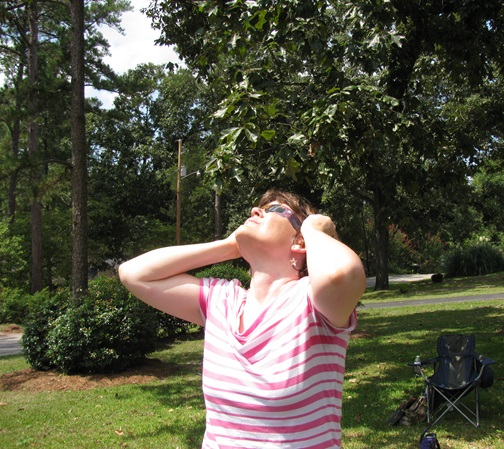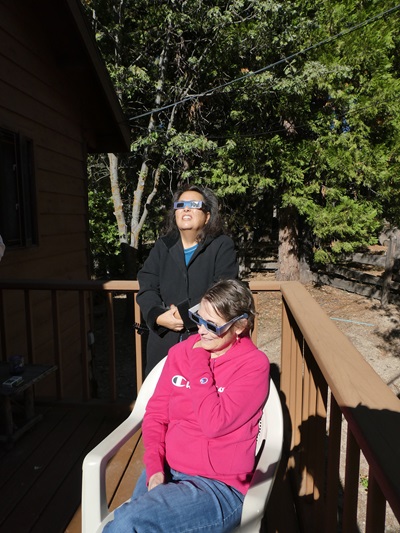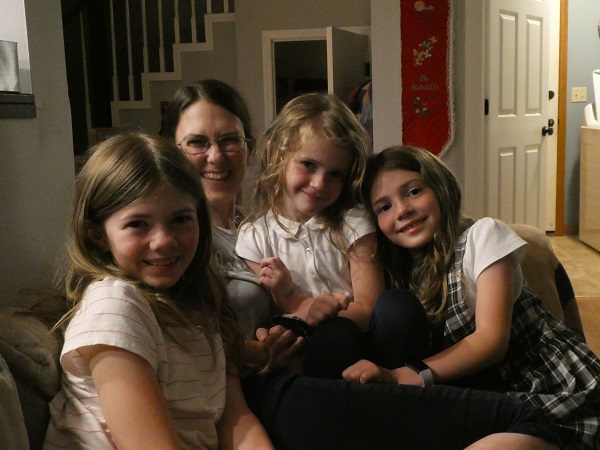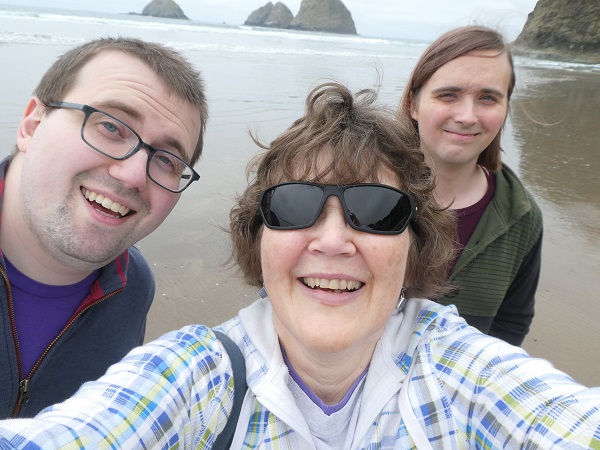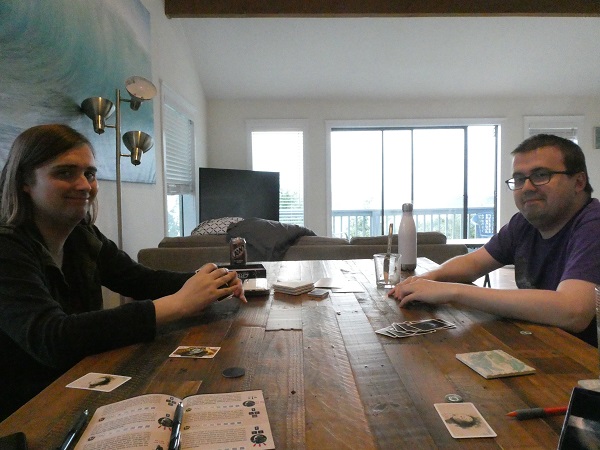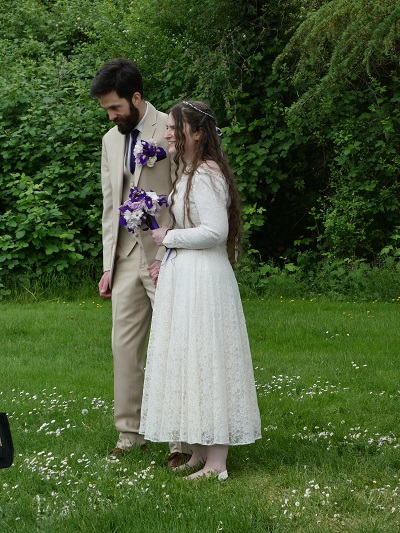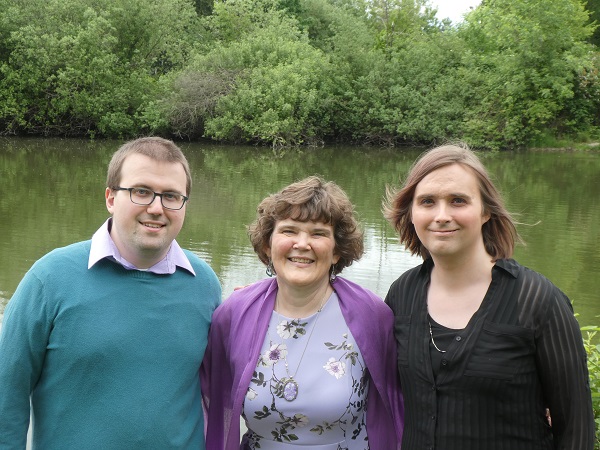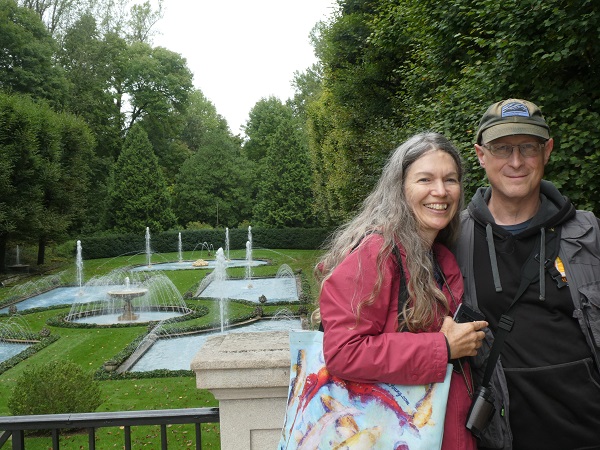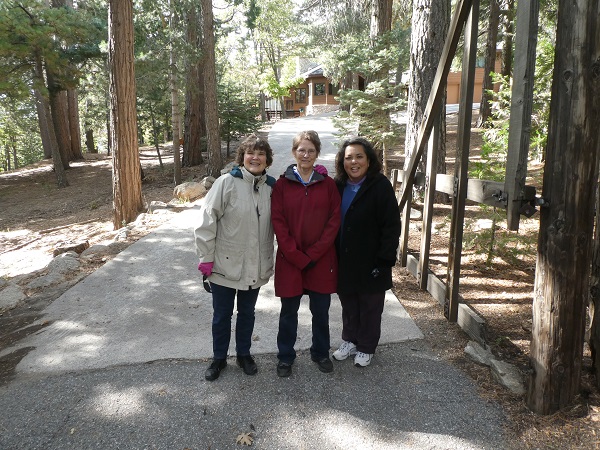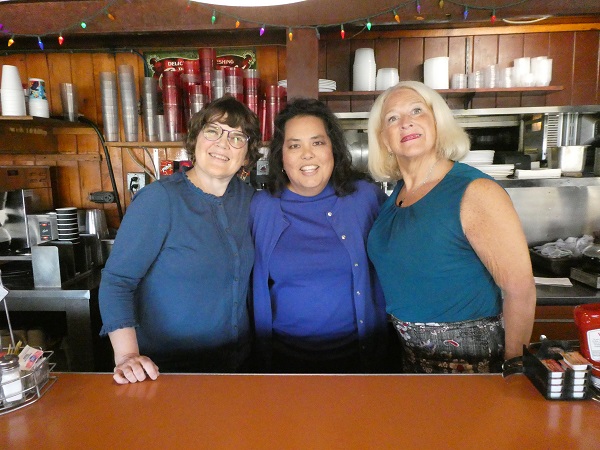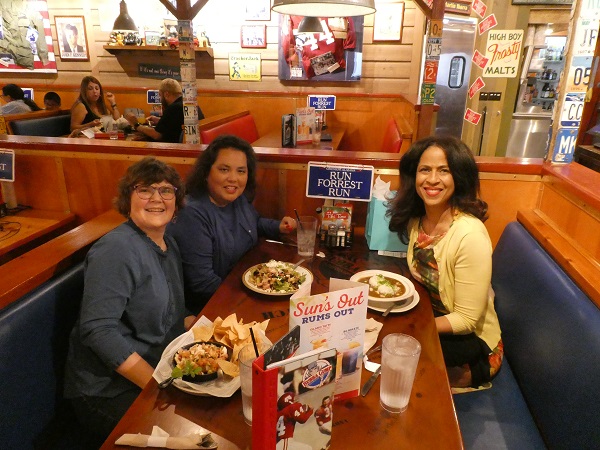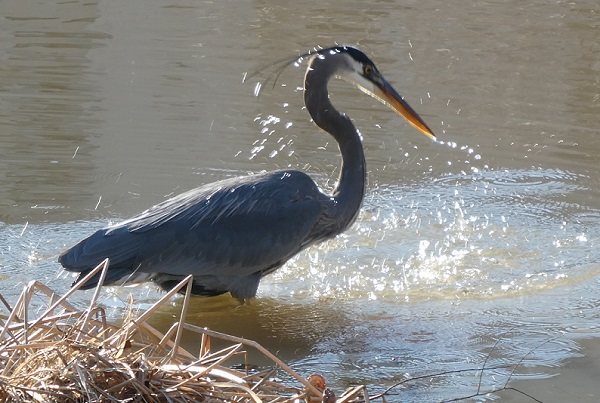My Epic Germany Trip, Day 2 – Sondra!
I confess, my next stop was one of things I’d most been looking forward to about my trip.
I’m blogging about my 60th birthday trip back to Germany. On June 12, my first full day in Germany, I was traveling from Fulda to see my friend in Leipzig, about a four-hour drive. But I’d noticed that smack in the middle of that trip was Eisenach (where I visited the Bachhaus), and I knew that Eisenach was near the village of Sondra.
Let me back up. My name is unusual. My Mom says her own mother had a piano student named Sondra, but I thought she’d made the name up because she didn’t want me to have a name that rhymed with Randy, her planned boy’s name. (And yes, my next brother is named Randy.) All my life, I’ve gotten mistaken for Sandy or Sandra, even when the name is written out in front of them. I’ve never ever found my name on a mug or a keychain. (Though as an adult, I’ve had those exact things specially engraved.)
So — when my family and I moved to Germany in late 1996, I was super happy to discover that Sonder is a German prefix meaning “special.” You can still find that fact on every page of my website. So one day I was looking at my road atlas, which I loved to peruse to find castles to visit, and I saw a nearby town called Sonderhausen, which of course means “special houses.” I was tickled by this, and then I got to wondering if there might be more German towns with the same prefix. So I flipped back to the index in the back. Well, my eyes almost popped out of my head when I saw a village with the name “Sondra”!
Sondra was 3 hours away from where we lived, in the former East Germany, but one weekend in August 1998, I dragged my whole family there to get pictures with the sign. We went to the nearby Wartburg castle as well, to add value to the trip, but the highlight for me was Sondra! A lady in an actual kerchief was out working in a nearby field, and who knows what she thought of us. Later, I went to a t-shirt shop at the BX and had a t-shirt and sweatshirt made from the image.
Here’s a picture from 1998:
And with my kids:
Now, before I tell more about the story, let me backtrack to a couple weeks before the 2024 trip. My much anticipated return to Germany was fast approaching, and I was beginning to freak out. This time, I was going all by myself, and there was a lot that needed to work out. I was planning a couple long days driving, including that day from Fulda to Leipzig, and I was really counting on my GPS working. I’d ordered via Amazon a chip that was supposed to work in Germany, but what if something went wrong? What if I was too jet lagged and wasn’t safe to drive so far? What if the timing was wrong and I was too late to check in that first night? And then there was worry about getting packed in time and catching my flights and all going well. What if I caught Covid on the plane, like I did going to Maui a year and a half before? (Note that I wore a mask on the way there and did not catch Covid. I did not wear a mask on the way back and did catch Covid.)
That gives you the idea — I was just plain fretting about my upcoming trip, worried about everything going smoothly. So one day, when I was walking by my lake, praying (I like to use my walks that way), I wanted to stop fretting and trust that God would look after me on my trip. And I prayed for that — and then I asked to see the great blue heron who often frequents my lake. I hadn’t seen it in weeks, and I did ask, just as a reminder that God is watching over me and God is listening, and I’d take it as a sign that I didn’t need to worry about my trip. I prayed this on my first pass by the lake — on my way back, sure enough, a great blue heron popped up and flew to the other side of the lake. I saw it again on each one of the three or four more walks I took before my trip. And yes, it helped with my fretting.
And when I got to Germany, my GPS worked! I’d had a little difficulty finding the right turn to the monastery in Fulda the night before, but by Wednesday I had it going well, and my ten years of driving in Germany – with stick shift – all came back, and I still felt so exhilarated to be there. That morning, I checked out around ten, got to the Bachhaus in Eisenach with no trouble, had lunch after enjoying it, and then was ready to drive about twenty minutes to the village of Sondra.
The day was beautiful! Blue skies, white puffy clouds, cool breezes, and my heart was light. I got to the village and found a place to park near the sign on the far side of the village. Sondra! I was really back!
I took pictures, happy to see they’d taken better care of the sign. They’d made some changes since 1998, probably having to do with how the town is incorporated. Comparing pictures later, there was a house closer to the sign and no evidence of a farm where there’d been one before.
Looking back at the village:
Looking at the field on the edge of town:
So I took lots of pictures. Both sides of the sign. Selfies.
Finally, I went back to my car. I stood outside it for a bit, just soaking up this beautiful place. To me, there was something so symbolic about being back in Sondra. It tells me that, yes, I am special. My life matters. Despite all that happened to me and my lost marriage, God has been with me. And I was just soaking all that up, looking across this field:
And in the distance, I saw a big bird approaching, with another behind it. I wondered what kind of raptor it was, though it wasn’t exactly shaped like a raptor, and I tried and failed to take its picture. But I put down the camera to get a better look. And, I kid you not – when it got close, I could clearly see – it was a great blue heron!
It flew right past, with another behind it. I didn’t manage to get a picture, but I had gotten a clear view.
That’s right, at the start of my Germany trip, in the village of Sondra, God sent me a great blue heron.
Yes, I’m taking all the symbolism I can muster out of that one.
I drove away marveling, even laughing out loud with delight. Remember, I was alone in my car. I did some shouting out loud, “Really God? IN THE VILLAGE OF SONDRA????!!!! Could you even be more obvious?!!!”
Let’s just say it was a wonderful moment, which I’m treasuring in my heart to this day.


